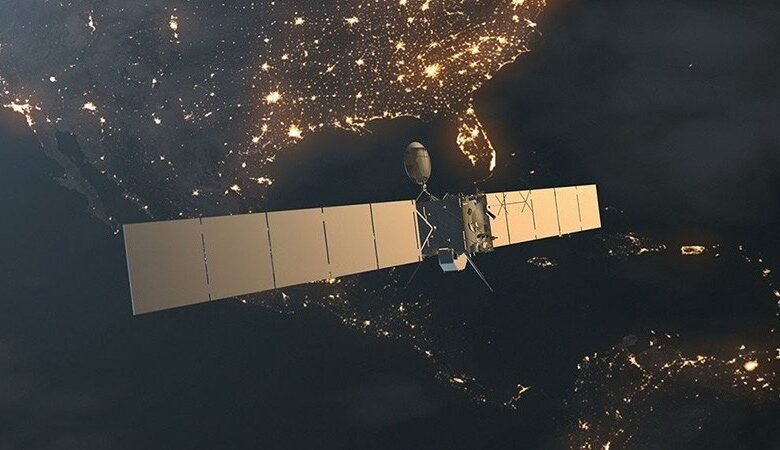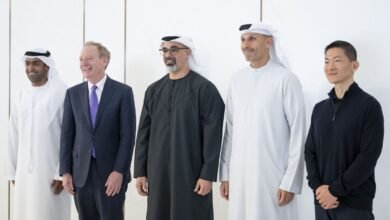UAE Space Sector Attracts $44 Billion as Private Investment Grows

▼ Summary
– The UAE’s space sector has reached approximately AED 44 billion in total investments, driven by government support and growing private sector involvement.
– Private sector engagement is considered essential for sustaining long-term growth in the national space ecosystem, with companies increasingly visible at global events like the Dubai Airshow.
– The UAE Space Agency is fostering international partnerships through meetings with global space agencies to advance innovation and technological exchange.
– Emirati private companies are currently focused on AI-powered space applications such as data analytics and environmental monitoring using satellite imagery.
– The UAE aims to be among the world’s top ten nations in attracting space-related companies by 2031 and establish itself as a global hub for space sciences and innovation.
The United Arab Emirates has witnessed a remarkable surge in its space industry, with cumulative investments now reaching an impressive AED 44 billion (USD 12 billion). This growth stems from a powerful synergy between government initiatives and expanding private sector involvement, establishing the nation as an emerging global leader in space science and technological advancement.
Dr. Ahmad Belhoul Al Falasi, who serves as Minister of Sports and Chairman of the UAE Space Agency, stressed that the private sector’s achievements are fundamental for ensuring the long-term health and expansion of the national space ecosystem. He observed that numerous countries initiated their space programs with substantial government funding before gradually empowering private enterprises to become key contributors. The UAE is now adopting this very strategy, he confirmed.
While the government maintains its crucial role in providing funding and regulatory oversight, private sector engagement is increasingly taking the lead. Companies of all sizes, from major corporations to agile small and medium-sized enterprises (SMEs), are driving this momentum. Emirati firms are gaining greater visibility at prestigious international events like the Dubai Airshow, which this year will welcome 15 heads of international space agencies, offering a significant venue for forging new partnerships.
The UAE Space Agency is proactively conducting bilateral and trilateral discussions with space agencies worldwide. These meetings aim to cultivate new collaborations and highlight the advancing capabilities of companies based in the UAE. Dr. Al Falasi emphasized that international cooperation is indispensable for propelling national space industries forward, adding that these dialogues frequently result in tangible agreements that accelerate innovation and the exchange of technology.
Presently, the majority of Emirati private companies are concentrating on artificial intelligence applications for space. Their work includes data analytics, environmental monitoring, and urban planning, utilizing satellite imagery to deliver practical insights for local decision-makers. This focus provides a financially viable starting point for SMEs, allowing them to build expertise before moving into more intricate domains like satellite manufacturing and operational management.
A number of Emirati enterprises have already started manufacturing specialized space components and overseeing satellite systems. This development signals a strategic shift toward higher-value segments within the space industry value chain. To support this progression, the UAE Space Agency provides a robust legislative framework, safeguards intellectual property, and offers logistical support to innovators and entrepreneurs.
Dr. Al Falasi reiterated the agency’s long-term vision: to rank the UAE among the top ten nations globally for attracting and hosting space-related companies by the year 2031. The ultimate objective is to solidify the UAE’s standing as a premier international hub for space sciences, cutting-edge innovation, and future-oriented technologies.
(Source: MEA Tech Watch)





